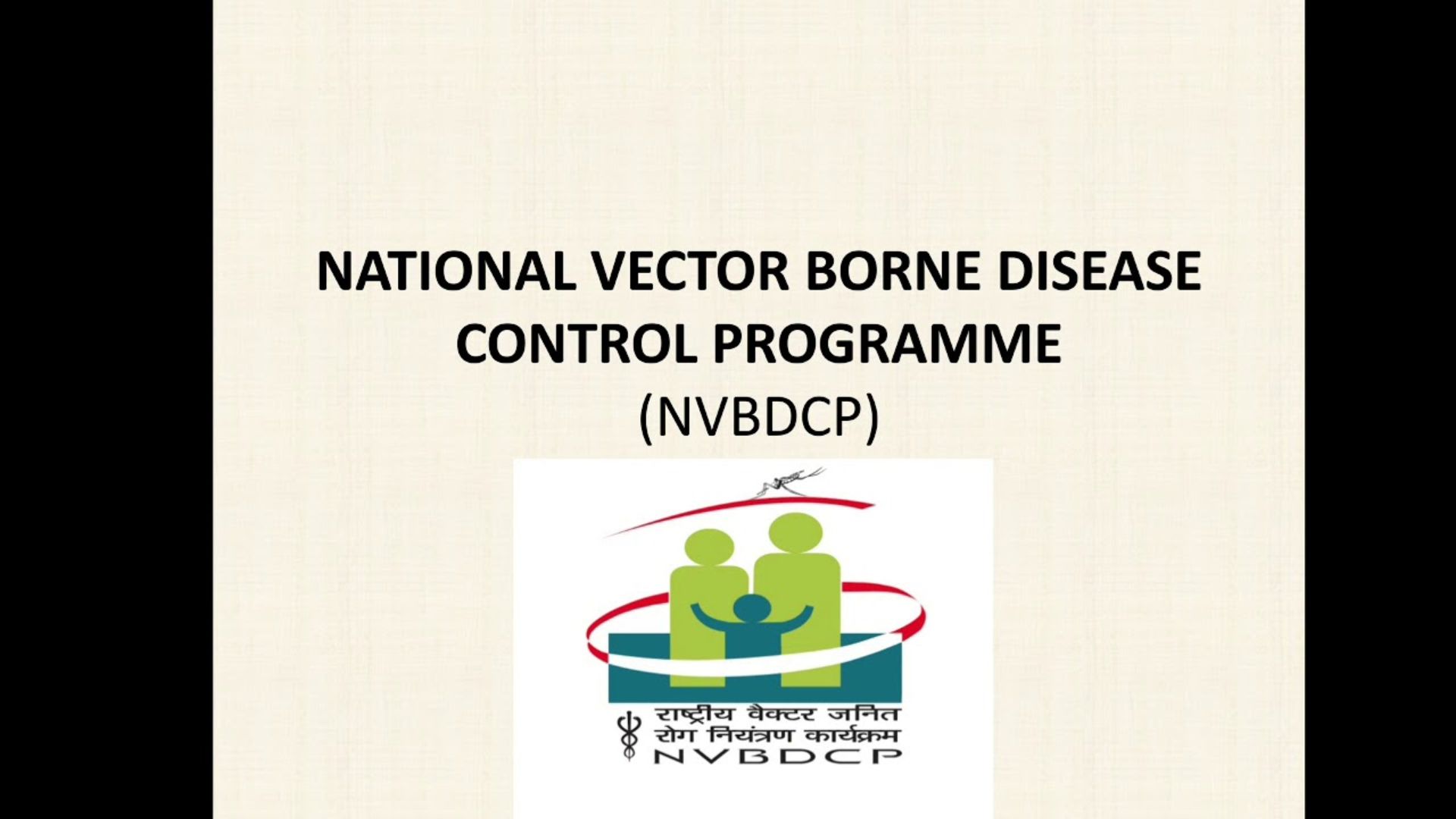The National Vector Borne Disease Control Programme (NVBDCP) is ramping up efforts to combat vector-borne diseases, including malaria, dengue, chikungunya, Japanese encephalitis, and lymphatic filariasis, particularly in rural regions. Leveraging a robust network of health sub-centres and ASHA workers, the programme is dedicated to comprehensive disease awareness and prevention.
A cornerstone of the NVBDCP strategy is mandatory malaria testing for all fever cases. Healthcare workers conduct house-to-house visits to facilitate immediate testing and promptly address any reported cases. State hospitals are well-equipped with malaria testing facilities, underscoring the programme’s commitment to accessible healthcare.
To eradicate malaria, the NVBDCP employs multiple measures such as chemical treatments, introducing larvivorous fish in drains, and regular fumigation. Continuous surveillance and proactive interventions ensure a rapid response and effective disease management.
Abhijit Das, State Programme Officer for NVBDCP, emphasized the programme’s comprehensive approach. “All vector-borne diseases like malaria, dengue, chikungunya, Japanese encephalitis, and lymphatic filariasis are targeted under this programme. We reach every corner of villages through health sub-centres and ASHA workers to raise awareness about these diseases. We have made testing facilities readily available.”
Das further explained the rigorous testing protocols, “Whenever there is a case of fever, malaria testing is mandatory. We conduct tests house-to-house and respond immediately to any reports. All state hospitals have malaria testing facilities. We take extensive measures to eradicate malaria, including chemical treatments, introducing fish in drains, and fumigation. We maintain continuous surveillance and take necessary actions swiftly.”
The NVBDCP’s relentless efforts are crucial in safeguarding public health, aiming for a malaria-free future in the country’s most vulnerable regions.






















